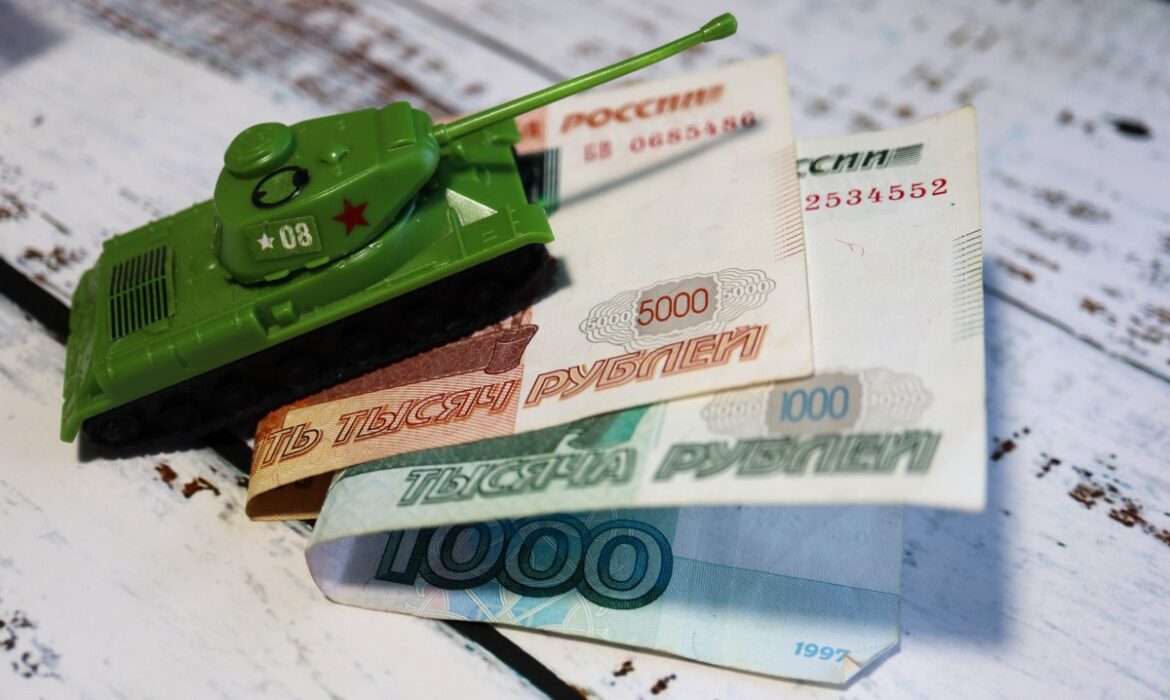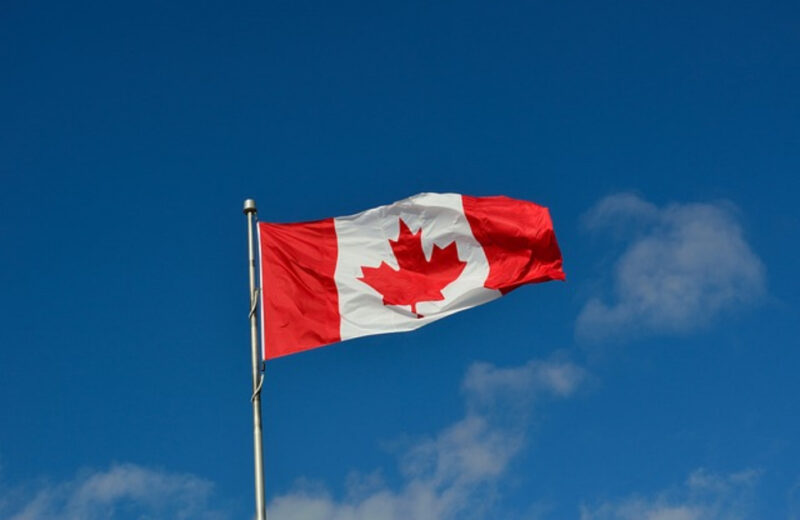President Vladimir Putin has conceded that Western sanctions, which should stop the Kremlin from accessing the funds necessary for invading Ukraine may have a severely detrimental effect on the Russian economy.
In a televised address on Wednesday, reported by the state news agency TASS, Putin acknowledged that the “illegitimate limitations” put on the Russian economy could have a detrimental result in the foreseeable future. This rare statement from a Russian leader affirms that despite the sanctions imposed upon Russia, their economy is still holding strong. It is suggested by the leader that not only has Russia been able to sustain itself, but also that such sanctions have had an adverse effect on Western countries by creating an increase in inflation and energy costs.
According to Putin, Russia’s economy has grown since July, partly thanks to stronger ties with “eastern and southern countries.” It probably refers to China and some African countries. He also pointed out that domestic demand is paramount for growth.
The Russian economy has shown surprising resilience in the face of unprecedented Western sanctions, including the EU embargo on imports of most petroleum products. Early estimates by the Russian government show that economic output fell by 2.1% last year – a smaller decline than many economists initially expected.
But as china has given the Kremlin an economic lifeline by purchasing Russian energy and offering a preference for the US dollar, cracks are starting to appear.
Russia’s government revenue fell 35% year-on-year in January while spending rose 59%, resulting in a budget deficit of about 1.761B rubles ($23.3B)
The World Bank and the Organization for Economic Co-operation and Development expect a drop of 3.3% and 5.6%, respectively, in 2023.
Consequences of Russia’s aggression
In response to the Russian hostility in Ukraine, Western countries have disclosed more than 11,300 sanctions and frozen around $300B in Russian foreign exchange reserves since the invasion in February 2022.
Russian billionaire Oleg Deripaska said recently that Russia could become financially drained by next year at the latest.
Separately, Austria’s Raiffeisen Bank International announced Thursday that it plans to sell or divest its Russia operations. In a statement, the bank described market conditions in the country as “very complex” and said he was “committed to further curbing economic activity.”
Raiffeisenbank Russian earned just over $2B last year in profit. However, due to strict local regulations, Raiffeisen cannot drive any profit from its activities in Russian outside the country.














